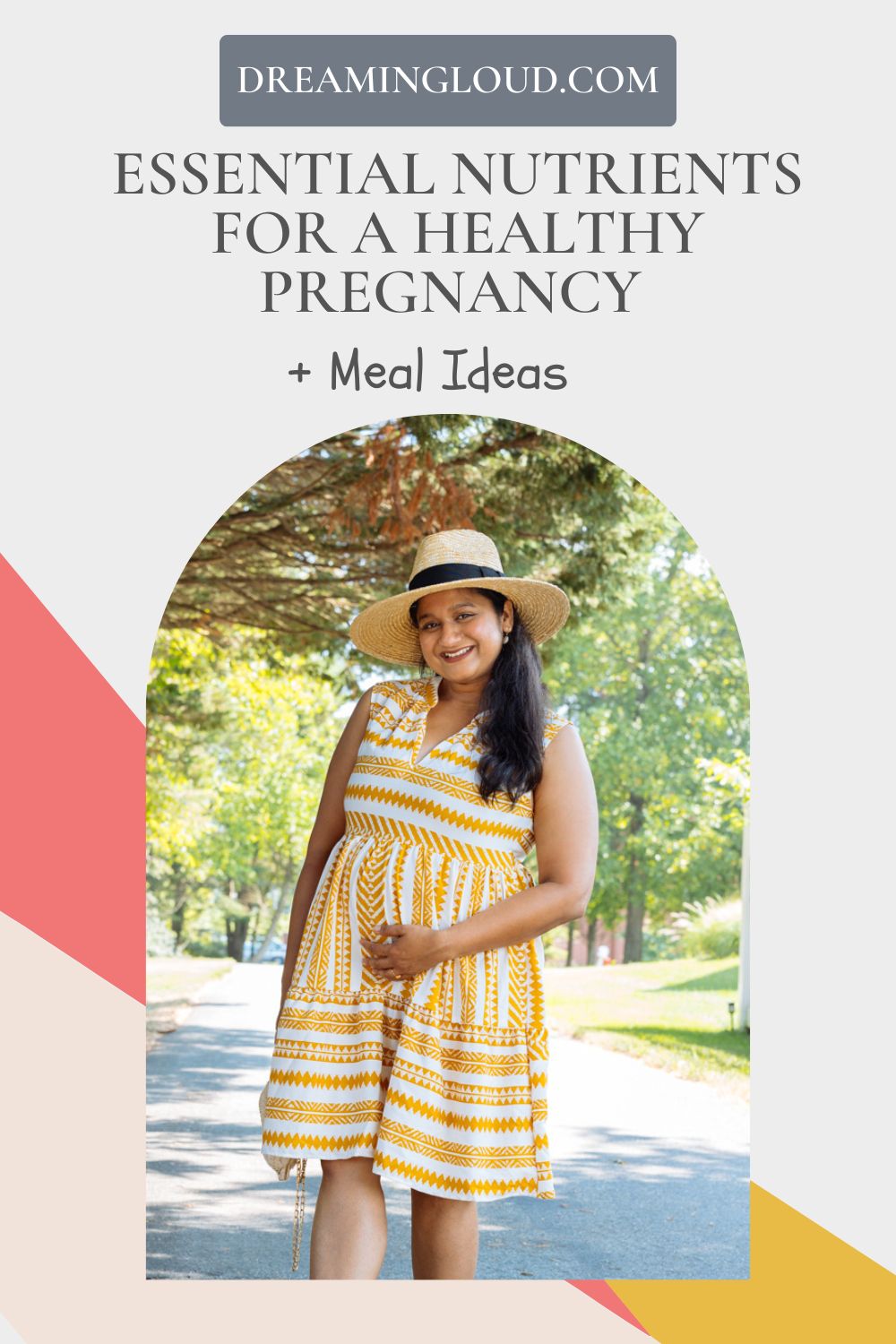
Pregnancy can always feel overwhelming whether it is your first or third time because each pregnancy is so different. There are many misconceptions about pregnancy, nutrition, and exercise, but as a pre and post-natal coach, I am here to help you make a more informed choice for yourself and your baby. In this post, I’ll share essential nutrition tips for a healthy pregnancy, including key nutrients you need and some meal ideas to keep you and your baby nourished and healthy.
Things that are not in your control – morning sickness, fatigue, etc.
Things that ARE in your control are your nutritional choices, movement, and healthy habits.
Let’s focus on what you can control to ensure a healthy pregnancy!
First, you do not need to eat for two the moment you find out you are pregnant. Your body needs extra calories only in trimester 3 when the baby demands more from you and your body. For the first two trimesters, you want to ensure that you eat a well-rounded diet with protein, whole grains, and lots of fiber.
Let’s start with the essential nutrients your body needs for a healthy pregnancy. Most of these nutrients can be found in a good quality prenatal vitamin but eating a well-balanced diet can help as well.
Recommended brands: Nature Made Prenatal, One A Day Prenatal, Mary Ruth Prenatal
Essential Nutrients For A Healthy Pregnancy
1. Folic Acid
Folic acid (vitamin B9) is crucial for the development of the neural tube, which becomes the baby’s brain and spinal cord. Adequate intake helps prevent neural tube defects such as spina bifida.
Daily Folic Acid needs: Pregnant women should aim for at least 400-600 micrograms of folic acid per day, often included in prenatal vitamins. Ensure your prenatal vitamin has at least 400-800 mcg of folic acid.
Sources of Folic Acid
- Leafy Greens: Spinach, kale, methi (fenugreek), Gongura leaves (sorrel), amaranth leaves ( thotakura), etc
- Fortified Cereals: Many breakfast cereals are fortified with folic acid
- Legumes: Masoor daal, toor daal, chickpeas, rajma, black-eyed peas, black beans, etc
- Citrus Fruits: Oranges, lemons, and grapefruits
- Whole Grains: Foxtail millets, pearl millets (bajra), sorghum (jowar), barley, buckwheat (Kuttu), quinoa, oats, etc
2. B Vitamins
B vitamins (including B1, B2, B3, B5, B6, B7, B12) support energy production, the formation of red blood cells, and the development of the baby’s brain and nervous system.
While supplements help to close any gaps, eating a well-balanced diet can ensure you are getting Folic Acid and B Vitamins through various food sources
Sources of B Vitamins
- B1 (Thiamine): Whole grains, pork, and fish
- B2 (Riboflavin): Milk, eggs, and almonds
- B3 (Niacin): Chicken, turkey, and peanuts
- B5 (Pantothenic Acid): Avocados, sweet potatoes, and mushrooms
- B6 (Pyridoxine): Bananas, potatoes, and chickpeas
- B7 (Biotin): Eggs, salmon, and sunflower seeds
- B12 (Cobalamin): Meat, dairy products, and fortified plant-based milk
3. Iron
Blood Volume Increase: Iron is crucial for the production of hemoglobin, the protein in red blood cells that carries oxygen. During pregnancy, your blood volume increases to supply oxygen to your growing baby.
Preventing Anemia: Adequate iron intake helps prevent iron-deficiency anemia, which can cause fatigue, weakness, and increased risk of infections. If you don’t have enough iron stores or get enough iron during pregnancy, you could develop anemia which is pretty common during pregnancy even if you have no history.
Daily Iron Needs: Pregnant women need about 27 milligrams of iron per day. Most prenatal vitamins have enough iron to fill gaps but it is always great to get adequate iron through your food.
Sources of Heme iron: Mostly from animal sources and is better absorbed by the body –
- Red meat (beef, lamb)
- Poultry (chicken, turkey)
- Fish (salmon, tuna)
- Organ meats (liver)
Sources of Non-heme Iron: From plants and fortified foods and doesn’t absorb as easily –
- Masoor daal
- Chickpeas
- Kidney beans
- Tofu and tempeh
- Spinach
- Kale
- Methi (fenugreek)
- Gongura leaves (sorrel)
- Amaranth leaves (thotakura)
- Bajra
- Ragi
- Quinoa
- Fortified cereals
- Nuts and seeds (pumpkin seeds, cashews)
4. Calcium
Calcium is crucial for the development of the baby’s bones and teeth. It also supports the functioning of the circulatory, muscular, and nervous systems.
Daily Calcium Requirements: Pregnant women need about 1,000 mg of calcium daily.
Sources of Calcium: For calcium includes dairy products like
- Milk
- Cheese
- Yogurt
- Fortified plant-based milk
- Leafy greens such as kale and broccoli
- Almonds.
5. Vitamin D
Vitamin D aids in the absorption of calcium, promoting healthy bone growth. It also supports the immune system and reduces the risk of pregnancy complications like preeclampsia.
Daily Requirements: The recommended daily intake is 600 IU (15 mcg) for pregnant women.
Sources of Vitamin D:
- Sunlight exposure
- Fortified milk
- Orange juice
- Fatty fish like salmon and mackerel
- Egg yolks
- Ghee
- Paneer
- Soya products
6. Omega-3 Fatty Acids
Omega-3 fatty acids, particularly DHA, are essential for the baby’s brain and eye development. They also support the heart health of the mother and may reduce the risk of preterm labor.
Daily Requirements: Pregnant women should aim for at least 200-300 mg of DHA daily.
Sources of Omega-3 Fatty Acids:
- Fatty fish such as salmon, sardines, and trout
- Flaxseeds
- Chia seeds
- Walnuts
- Mustard Oil
- Soy Products
- Rajma
It is recommended to consume a prenatal that has added Omega 3s to it especially if you are a vegetarian.
7. Protein
Protein is fundamental for the growth of the baby’s tissues and organs, including the brain. It also helps in the production of maternal tissues, including the uterus and breasts. From a postpartum perspective, adequate protein intake ensures that the mother keeps up energy levels, and improves postpartum recovery.
Daily Protein Requirements: Pregnant women should consume about 75-100 grams of protein per day.
Sources of Protein:
- Lean meats
- Paneer
- Soya chunks
- Poultry
- Fish
- Eggs
- Dairy products
- Beans
- Lentils
- Tofu’
- Greek yogurt
- Cottage cheese.
8. Fiber
Fiber is essential during pregnancy as it aids in digestion and constipation can be a common occurrence during pregnancy due to hormonal changes. Fiber also helps regulate blood sugar levels, reducing the risk of gestational diabetes.
Daily Fiber Requirements: Pregnant women need about 20-25g of fiber daily
Sources of Fiber:
- Fruit
- Veggies
- Nuts and seeds
- Lentils
- Legumes
- Whole grains.
Nutritional Tips / Meal Ideas for a Healthy Pregnancy
To ensure you are getting all the above nutrients, here are some meal ideas.
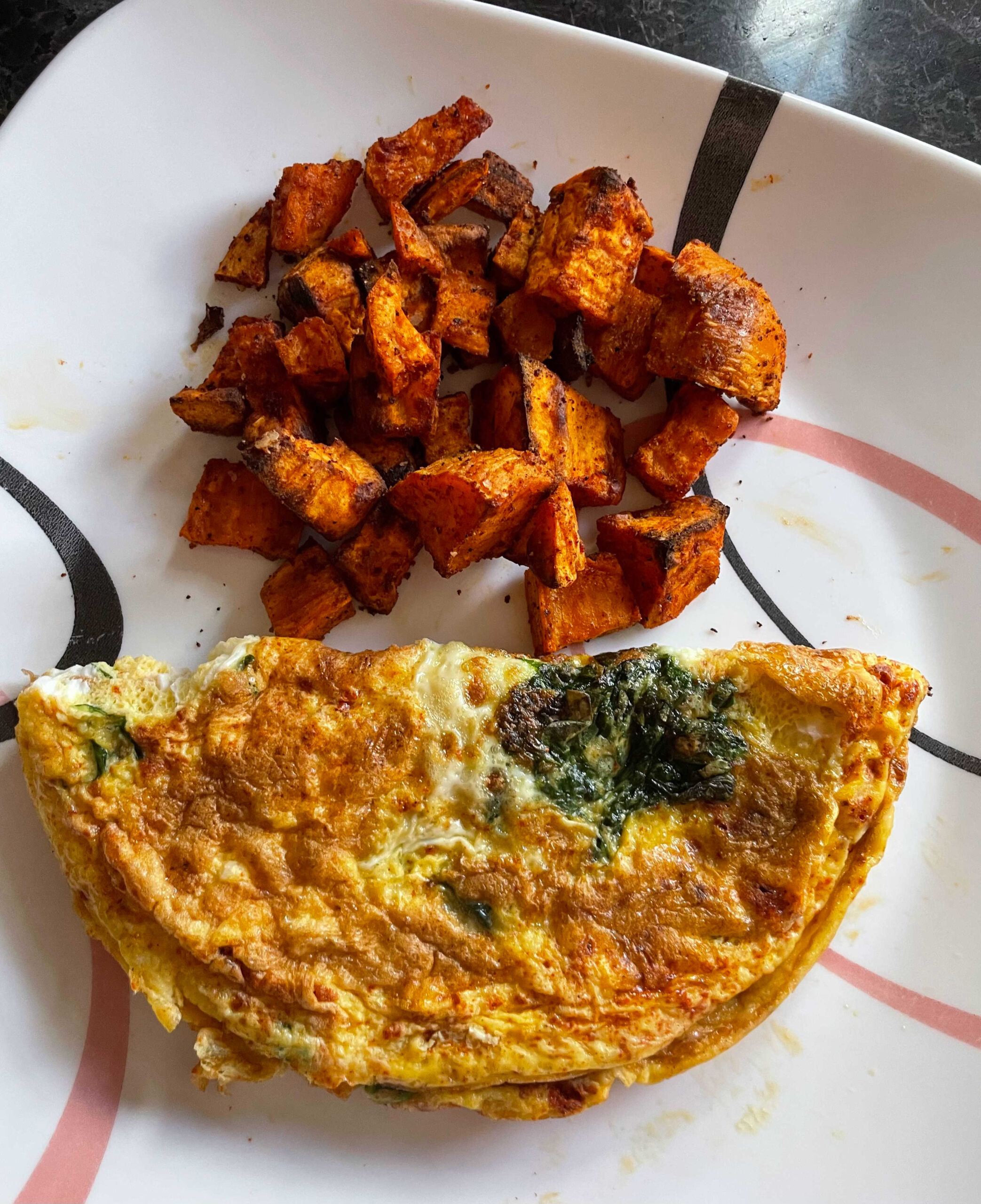
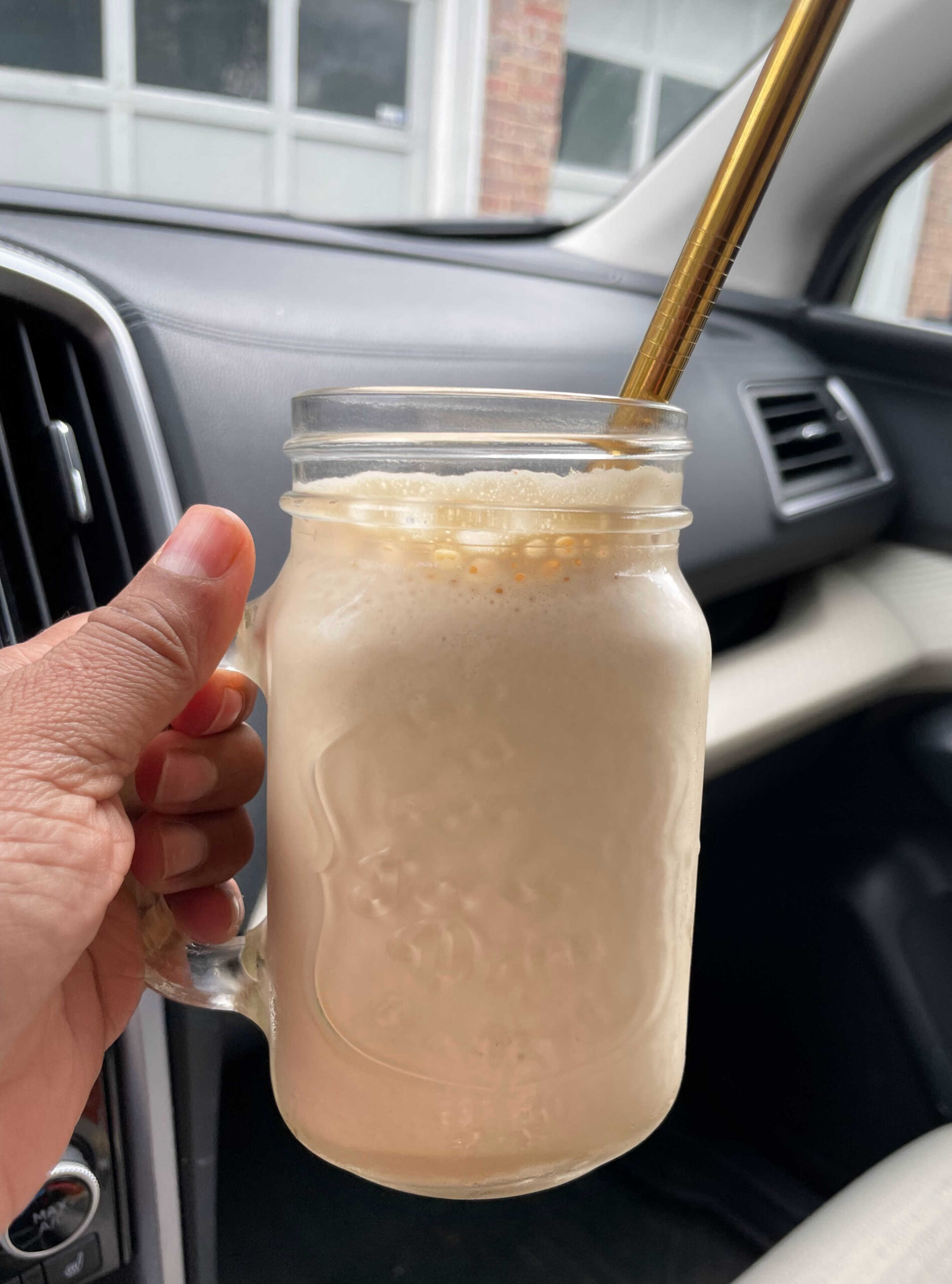
BREAKFAST
- 3/4 cup Upma with 1/2 cup mixed veggies, 1 tsp ghee, and 2 eggs or 1/2 cup Greek yogurt.
- Mix veggie omelet (spinach, broccoli, peppers) with 2 eggs + 2 egg whites + 1/2 cup berries or roasted sweet potatoes.
- Fruit Smoothie with 1 scoop protein powder (yes it is absolutely safe during pregnancy unless you have an aversion) or 1/2 cup Greek yogurt, 1/2 cup banana and mango, a handful of spinach, 1 tbsp almond butter, and milk of choice.
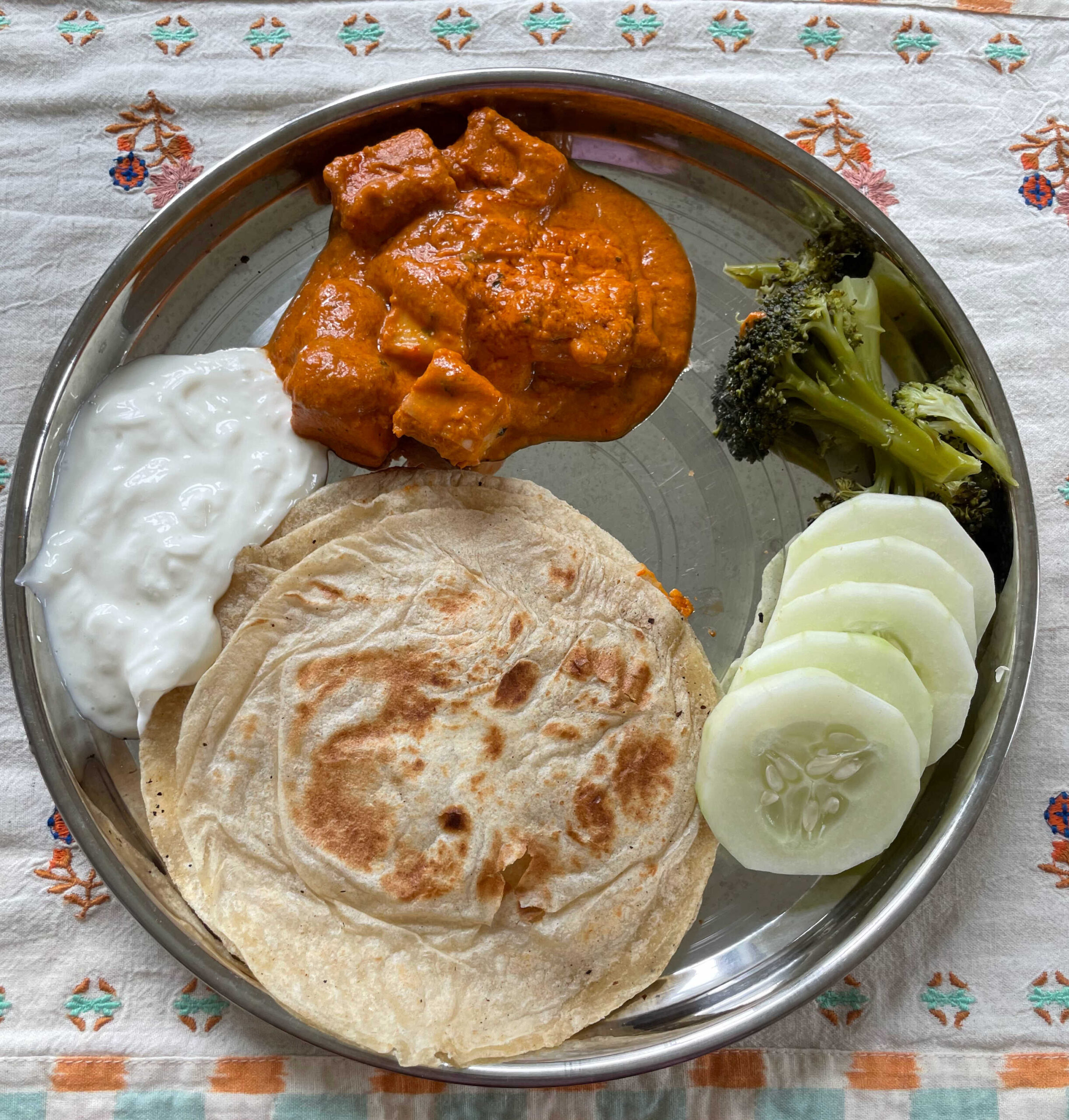
LUNCH
- 1/2 cup paneer curry + 2 whole wheat rotis + 1 cup cabbage peas curry
- 2 green moong dosas + 2 tbsp chutney + 1/2 cup greek yogurt + cucumber tomato salad
- Mixed legume salad with 1 cup of legumes (rajma, chickpeas, etc) + 1 cup of chopped peppers, onions, tomatoes, cucumber, chaat masala, and lemon.
- 2 tbsp chia mixed with milk + 1/2 cup fruit of choice
- 1 cup roasted edamame
- 1 slice sprouted grain bread + 1/2 avocado + 1 tbsp hemp seeds
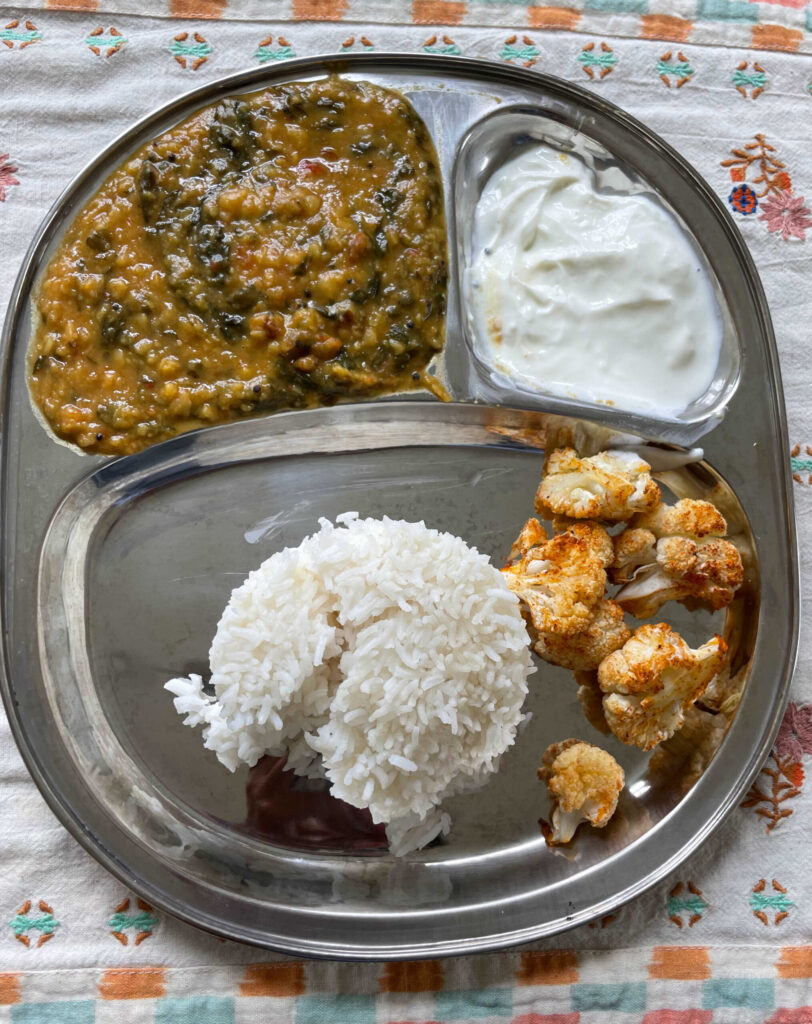
DINNER
- 1 cup spinach daal + 3/4 cup rice + carrot stir fry
- 1 cup cooked lentil pasta + 1 cup broccoli, mushrooms, spinach + 1/2 cup marinara sauce
- Homemade chipotle bowl with 1/2 cup rice+ 1/2 cup black beans + 1/2 cup crumbled tofu with taco seasoning + lettuce + corn and 2 tbsp guac
Remember, trimester 1 can be hard in terms of nausea and fatigue but try to aim for at least 2 well-balanced meals per day and most importantly, be kind to yourself. While you can try to do everything to eat a well-balanced diet, often our body does not cooperate. Do the best you can and take it one day at a time!
Nutritious food, movement in the form of walks and strength training, hydration, and rest are KEY!
This post is written by Minakshi from Regular Fit, a certified nutrition and fitness coach specializing in pre and post-natal care for Desi immigrant women.
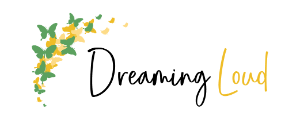
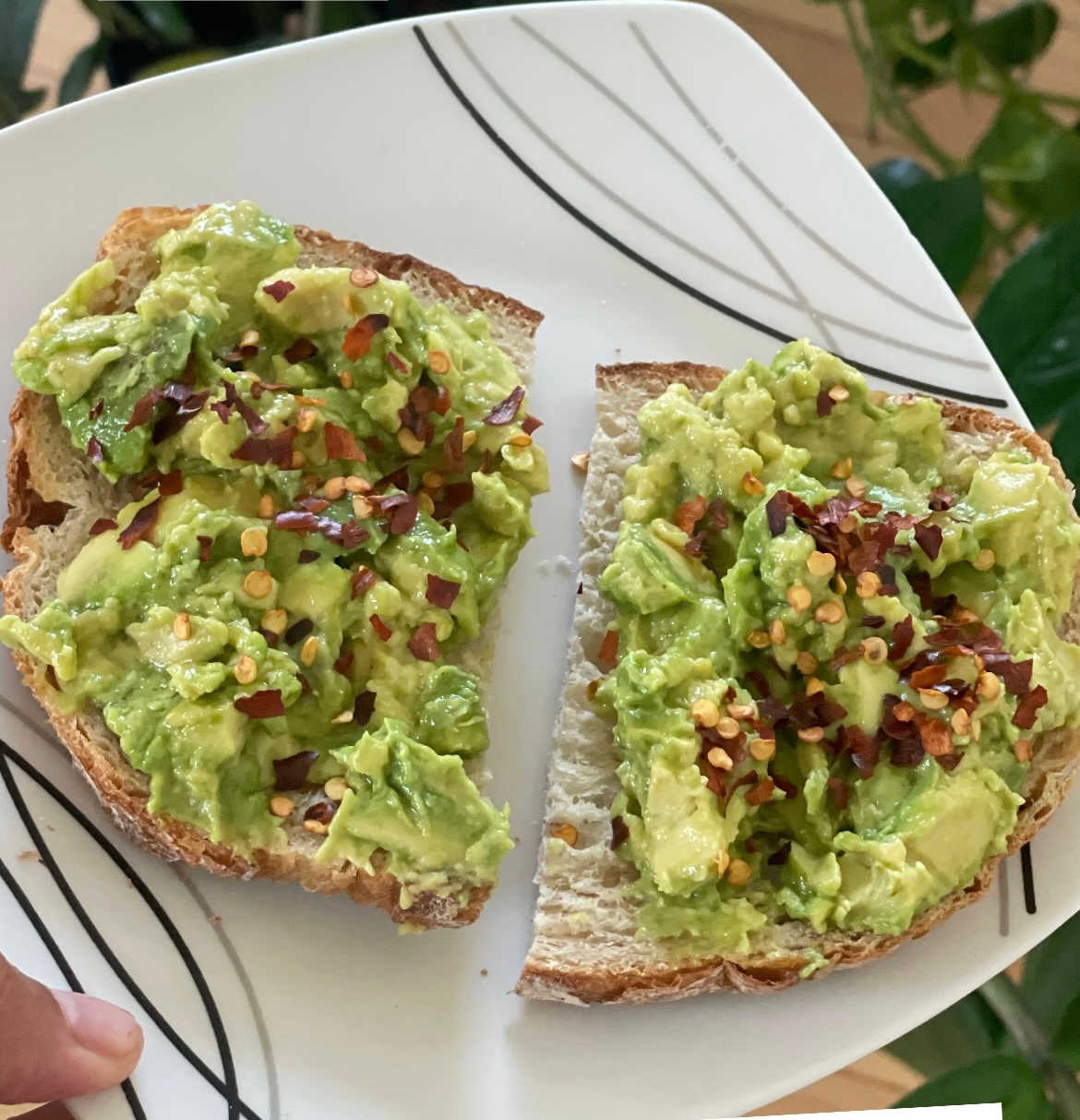


This guest post is incredibly informative—thank you for highlighting the essential nutrients and meal ideas for a healthy pregnancy. It’s so helpful to hear advice directly from a pre and post-natal coach. Alongside good nutrition, taking time for relaxation is just as important during pregnancy. I’ve found that places like Medical Spa Placentia offer great wellness support for moms-to-be.
Getting the right nutrients during pregnancy is essential for the health of both mother and baby. A balanced diet with whole foods supports energy, growth, and overall wellness. Similarly, visiting a trusted hair salon Stafford TX
allows expecting mothers to relax and practice self-care, promoting confidence and emotional well-being throughout pregnancy.
This article beautifully highlights the essential nutrients and meal ideas needed for a healthy pregnancy, offering guidance that supports both mother and baby. Balanced nutrition during this stage is key to overall wellness and development. For mothers who also value self-care and confidence, treatments Botox McAllen TX can be considered post-pregnancy under professional advice. Nurturing health inside and out helps every mom feel her best.
Great post! Proper nutrition during pregnancy is so important for both mom and baby. Getting enough essential nutrients like folate, iron, and omega-3s can make a huge difference in overall health. For those managing weight or blood sugar during pregnancy under medical guidance, Tirzepatide Houston offers innovative support options to help maintain balance and wellness.
Great post! Proper nutrition during pregnancy is so important for both mom and baby. Getting enough essential nutrients like folate, iron, and omega-3s can make a huge difference in overall health. For those managing weight or blood sugar during pregnancy under medical guidance, Tirzepatide Houston offers innovative support options to help maintain balance and wellness.
The boutique fitness boom has given rise to a new genre of gymwear: curated, premium, and experience-driven. Studios like Barry’s Bootcamp, SoulCycle, and F45 have launched yoga their own apparel lines, blending brand identity with fashion-forward design. These collections often feature limited-edition drops, bold graphics, and exclusive collaborations with designers or influencers. The goal is to create a sense of community and belonging — wearing the studio’s gear becomes a badge of loyalty and pride.
A smart and timely reminder! I love how you said “our body does not cooperate.” It’s so hard to have a harmonious diet with nausea and fatigue. It’s better to rest than to force yourself. I have to share this… oh, just let me finish this Geometry Dash level first!